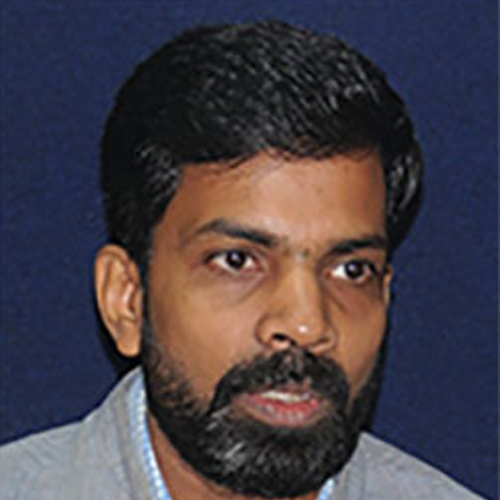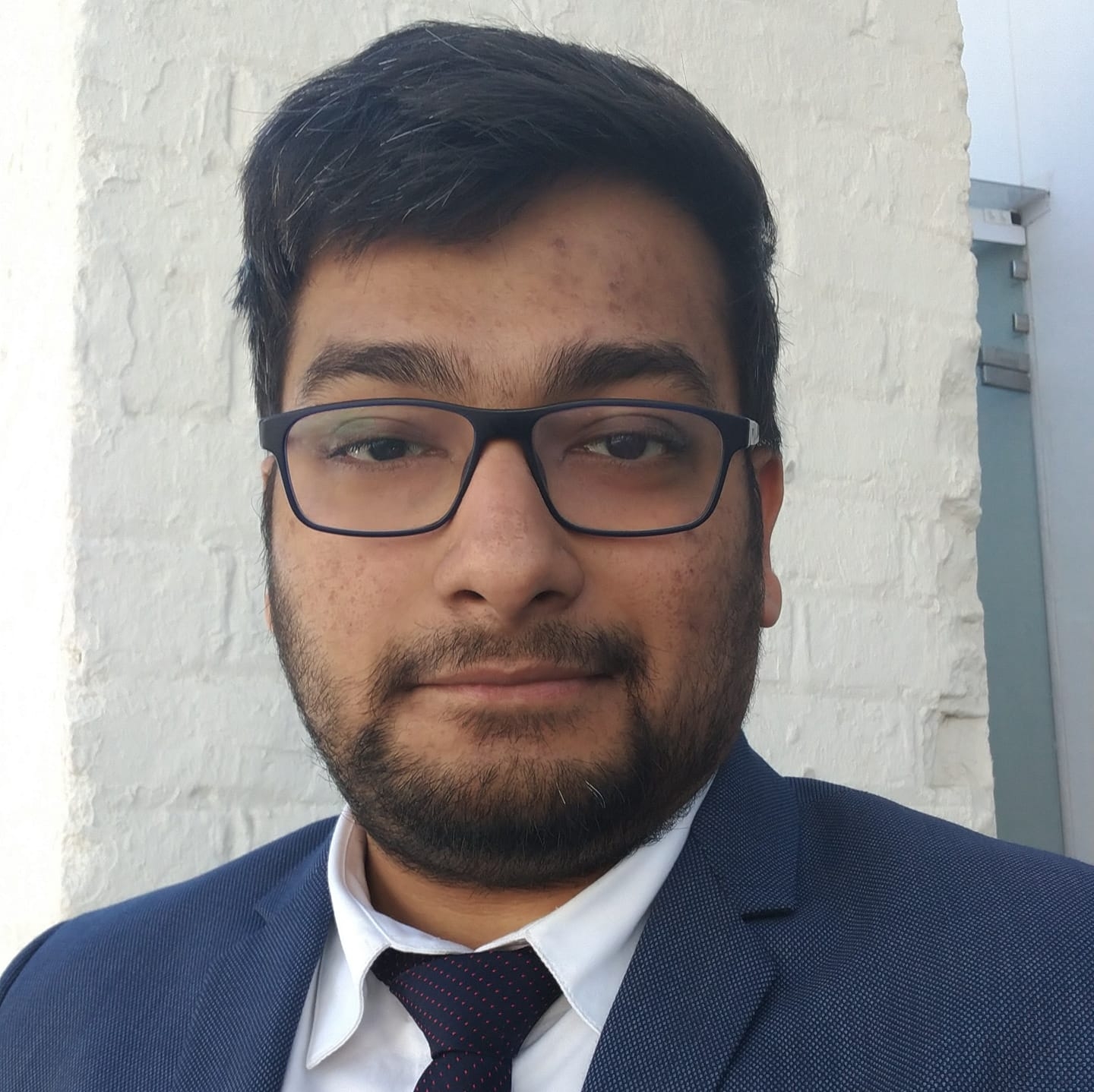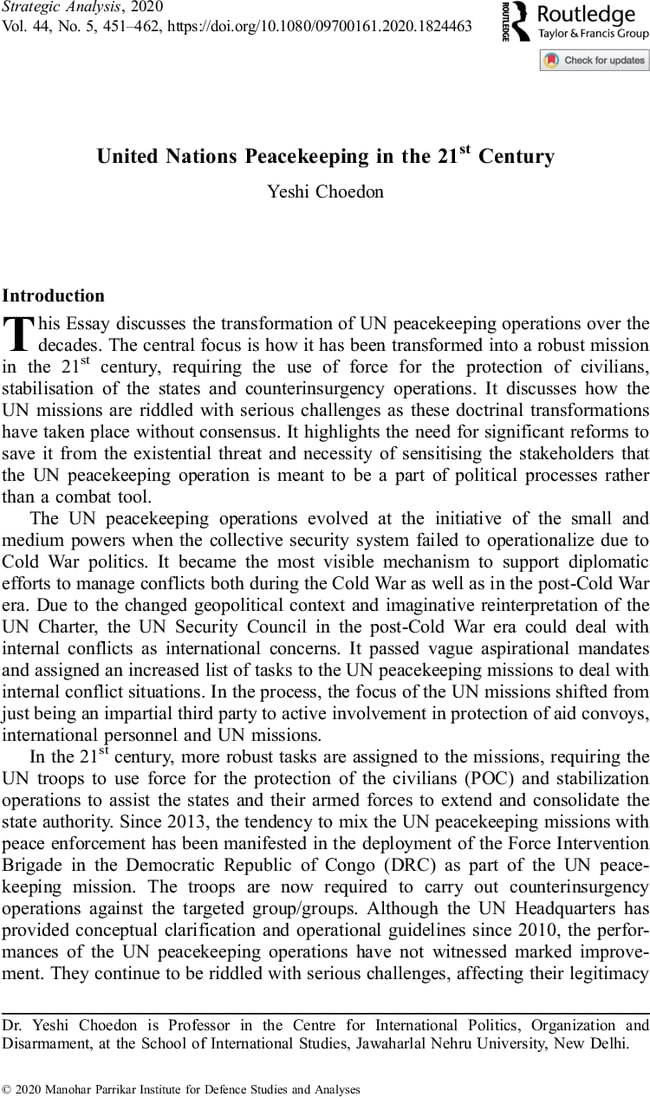India–Africa Co-Operation on Maritime Security: Need for Deeper Engagement
With approximately 74 million Sq Km and 20per cent of the global ocean, the Indian Ocean is the third largest ocean in the world. Alarmingly, this area has over the last two decades been plagued with unprecedented grave maritime security challenges. Dauntingly, these problems are dynamic and cross-jurisdictional. Consequently, combating them necessitates combined efforts among states. This article explores the efficacy of the maritime security architecture within the Indian Ocean rim countries, focusing on the co-operation between India and African states.
The Unlikely Friends: Iranian–Latin American Relations and Washington’s Anxiety
Although Iran and the Latin American states appear to be unlikely allies when considering the vast distances and the religious, cultural and demographic differences between these regions, their shared experience of Washington’s hegemonistic designs have brought them closer. Washington’s failure to isolate Tehran has meant that the Islamic Republic, and Hezbollah, have prioritised relationship-building with states that are at the doorstep of the US. Although this has antagonised the US, Washington has only offered a weak reaction to the economic and geopolitical advances made by Iran.
Subsystemic Unipolarities? Power Distribution and State Behaviour in South America and Southern Africa
This article explores the possibility of conceiving South America and Southern Africa as subsystemic unipolarities under Brazilian and South African primacy, respectively. It argues that this concept, when applied to these regions, sheds light not only on the long-term strategies behind the Brazilian and South African foreign policies towards their neighbourhood, but also on the behaviour of secondary regional powers and small states. This hypothesis questions the maxim that considerations related to polarity affect great powers only.












